Romana was a young girl when her family told her she was getting married. This is not unusual in Bangladesh; according to UNICEF, nearly two-thirds of girls are married before the age of 18 and more than a quarter of girls are married before they reach 15. Romana, however, managed to resist the pressure and convinced her family to allow her to continue her education. It took great courage and today, in her early twenties, Romana is married to a man who is very proud and supportive of her.
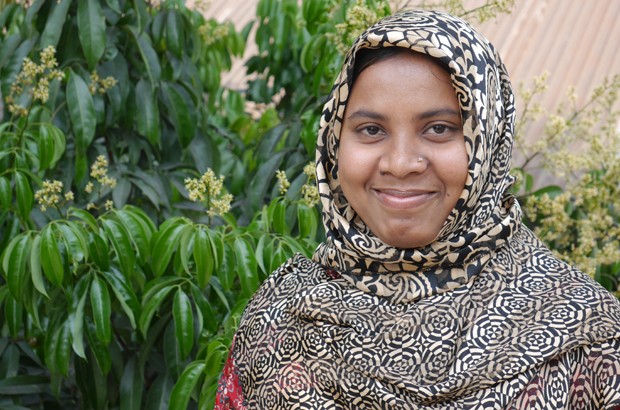
I got to know Romana while I was volunteering as a team leader on an International Citizen Service (ICS) project with VSO in Bangladesh - she is one of the female entrepreneurs we helped to set up a handicraft business and I learnt a lot about perseverance from working with her. The path to gender equality is a long and slow one but putting incomes into the hands of women like Romana is one step on that journey.
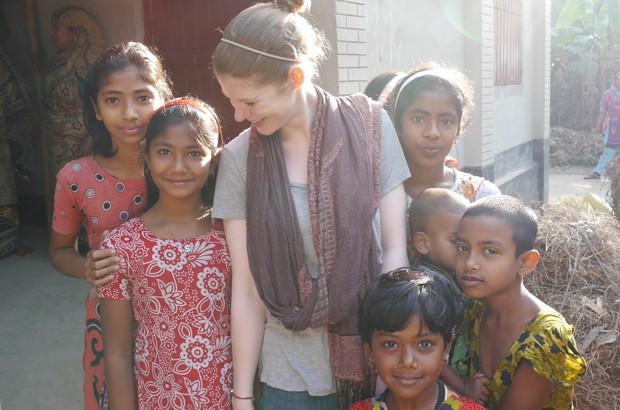
I met so many wonderful women during my placement in Bangladesh. From the young women who volunteered at a community health clinic to the old lady who owned a small tea shack at the end of my road, they were a constant reminder of both the strength of women struggling against poverty and the entrenched gender inequality in Bangladesh. I lived in a particularly conservative area, in a rural community, where I saw the evidence of gender inequality every day. The bazaar and teashops were dominated by men whilst women worked in the fields, collecting the potato harvest. Every day, I saw the women in my host-home preparing food, and doing laundry, and tending to the animals.
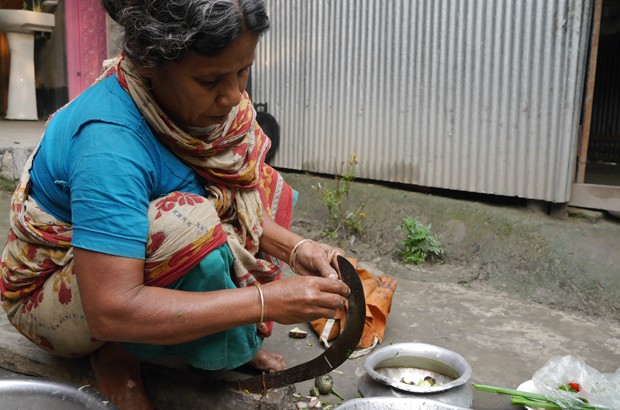
Early marriage is a particular problem in Bangladesh, as a result of poverty and a traditional patriarchal society, and is one of the biggest causes of girls leaving secondary education. I met two young brides in the short time I lived in Pairabondh; one was the daughter of one the host-families. I found it really difficult to know how to react to such a damaging practice when the family felt it was a happy occasion. I just hope my little host-sister, Tangina, is allowed to finish her education and have choices in her life.
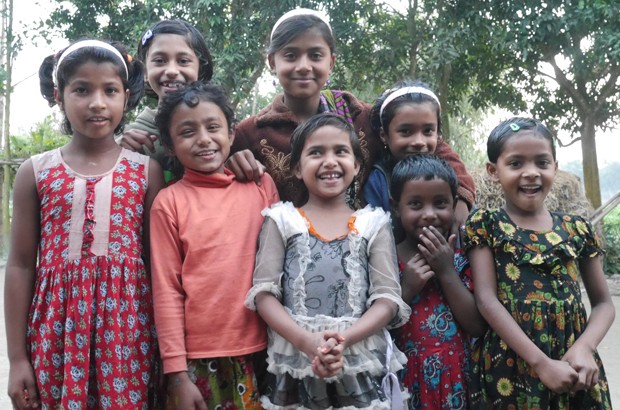
Bangladesh has, however, made significant progress on many of the Millennium Development Goals. Girls now outnumber boys in primary and secondary schools and the Government of Bangladesh has started working towards ending child marriage. Women are also making gains in the formal labour market thanks to participation in the garment industry and the micro-credit revolution that was started right here in Bangladesh. In a positive sign of changing attitudes, our community was largely supportive of our efforts to provide employment opportunities for young and marginalised women.
As a team leader, I was responsible for both managing the project on a day-to-day basis and for the welfare and personal development of my team of UK and Bangladeshi volunteers. No day was ever the same and could involve everything from helping a volunteer deal with a challenging situation to reviewing team plans and reports to facilitating meetings between volunteers and community members. My host-mother’s homemade roti and chai and the little welcoming committee of local children at the end of every day were permanent and much loved features!
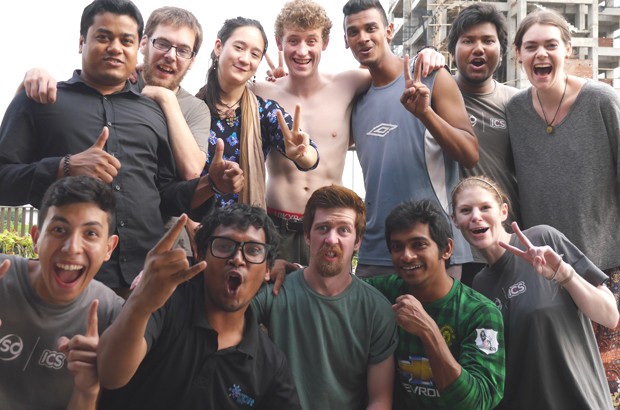
Working in such a deprived community was incredibly challenging at times - but it was worth it, seeing the women come together to start on-the-job training, wearing their best saris because they were so proud to be there. I also found working with the youth volunteers really fulfilling and enjoyed working with them on the project.
I joined ICS shortly after leaving the Royal Air Force and it was the perfect way for me to put my skills into practice in a completely new environment. Experiencing the realities of life for women in such deprived communities reaffirmed my passion to be part of the effort to make gender equality a reality for women all over the world and I am now building my new career around that.
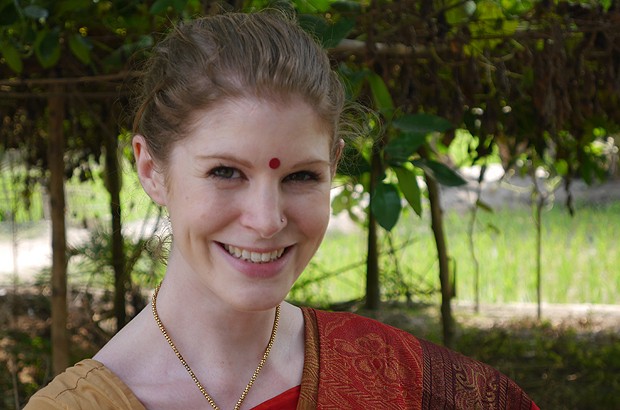
I would recommend volunteering to everyone, whether they are planning a career in international development or not. Working in a community gives you a much better understanding of the challenges faced by developing countries - the realities of gender inequality and poverty are not as simple as the theory can sometimes suggest.
Fieldwork is hard but seeing the impact of your work on the beneficiaries makes it incredibly satisfying. It’s difficult to pick out the highlights of such an amazing experience but I think learning to speak Bengali, living with my host-family and working with a great group of volunteers would top the list. The first few weeks of learning the language and settling into life with my family and my team was hard work at times but the rewards were well worth it - this is an experience I will treasure forever.
-------------------------------------------------------------------------------------------------------------------------------------
ICS is a UK government-funded development programme that brings together 18 to 25-year-olds from all backgrounds to fight poverty in overseas and UK communities. To find out how to become an ICS volunteer like Vix go to www.volunteerics.org
-------------------------------------------------------------------------------------------------------------------------------------
Please note, this is a guest blog. Views expressed here do not necessarily represent the views of DFID or have the support of the British government.
-------------------------------------------------------------------------------------------------------------------------------------

Recent Comments